Burundian lawmakers are once again questioning the government’s ability to manage national food reserves effectively, following reports that 20 tonnes of maize stock have partially decayed and 500 kilograms have been completely spoiled under the stewardship of the National Agency for the Management of Food Security Stocks (ANAGESSA).
The issue was raised during a plenary session on Wednesday as members of parliament directed tough questions to the Ministers of Trade and Agriculture. Lawmakers expressed concern over what they described as a lack of coherent planning in the storage and export of maize—Burundi’s staple grain.
MP Pascal Gikeke questioned the government’s handling of stockpiled maize and demanded clarity on previous losses. “The last time you were here, you mentioned that some of the maize had gone bad. What about the 500 kilograms that were completely spoiled—were they left to decay in the storage facilities? Did the government reassess the situation?” he asked.
In response, Agriculture Minister Prosper Dodiko clarified that out of over 71,000 tonnes of maize stockpiled by ANAGESSA, only 20 tonnes were partially damaged and deemed suitable for animal feed, while 500 kilograms were entirely spoiled and would be disposed of.
“Among the exported tons, only a small portion was found to be spoiled. The rest is being managed accordingly. We now have about 15,000 tonnes remaining,” Dodiko said. He attributed part of the spoilage to rodent infestation. “Rats had chewed through the bags, leading to minor losses,” he explained.
However, lawmakers pressed further on inconsistencies between the ministries of trade and agriculture regarding maize exports. MP Gikeke cited discrepancies over figures reported by each ministry, particularly in reference to a company named Best Food Company. According to the Minister of Trade, the company purchased 30 tonnes of maize, yet those quantities do not appear in ANAGESSA’s records, raising suspicions about the integrity of the transaction.
Minister Dodiko attempted to clarify the matter by highlighting the use of exporter codes that permit individuals to export maize from private holdings or open-market sources—not just government reserves. “Once someone obtains an exporter code, they may ship maize from various sources, which could explain the difference in figures. The numbers we presented are strictly from ANAGESSA’s stock,” he noted.
ANAGESSA is responsible for maintaining national food reserves to safeguard against shortages, particularly during lean seasons or crises. Yet concerns about its effectiveness are mounting.
Earlier this year, the Forum of Agricultural Producers’ Organizations of Burundi (FOPABU) urged the government to adopt a clear strategic reserves policy. “If this maize is not moving on the market, the government should build long-term strategic reserves—like those seen in other countries—that can last for up to five years,” FOPABU said in a statement published by local magazine Jimbere. The group warned that without such measures, Burundi risks recurring food insecurity in the face of poor harvests or unforeseen disruptions.
This is not the first time maize mismanagement has made headlines. In 2020, a large stockpile of maize was left to rot, resulting in the dismissal of ANAGESSA’s former director general over “professional misconduct,” according to Iwacu, a local media outlet.
MPs argue that unless the government improves coordination and planning, similar problems will persist. “There is a planning problem within the government,” said opposition leader Agathon Rwasa. “If nothing changes, we will keep facing this same issue year after year.”

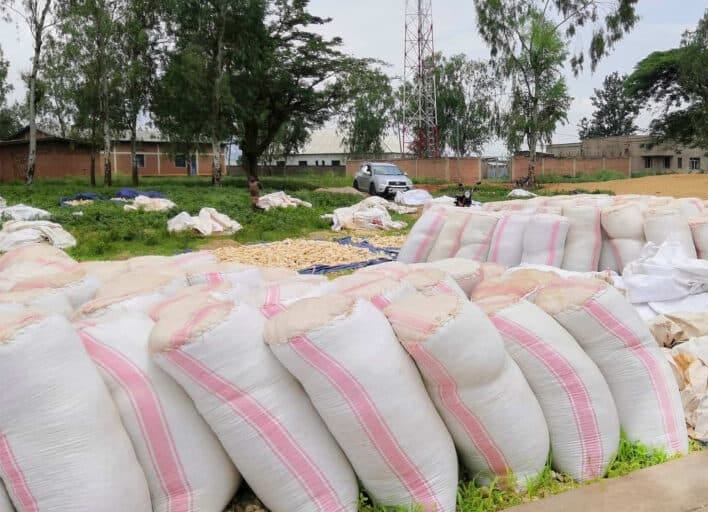


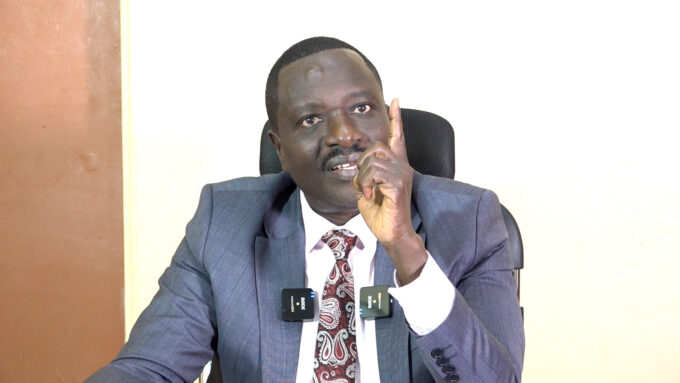
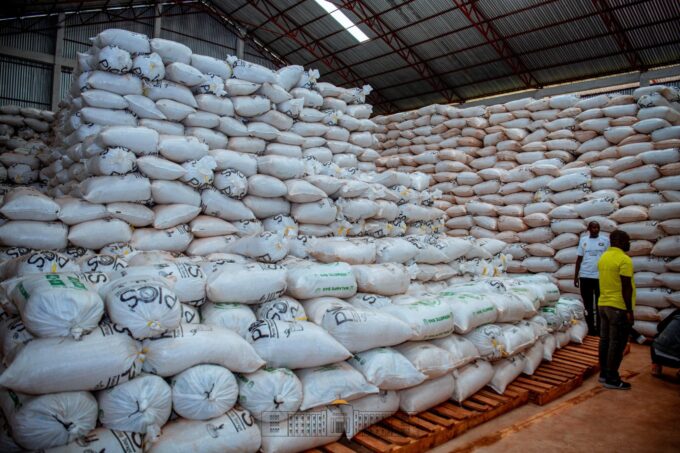
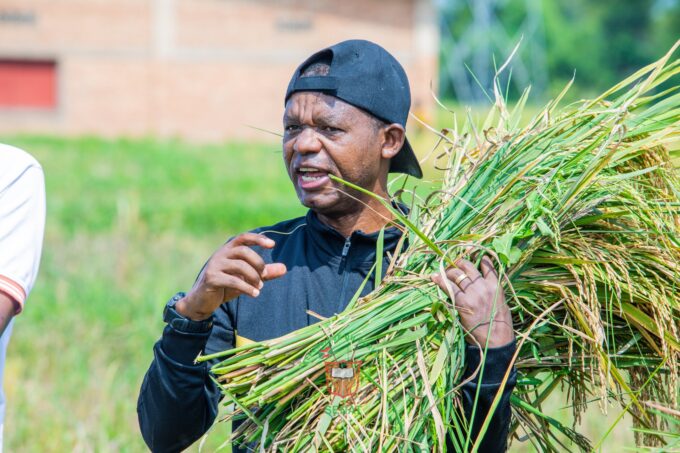
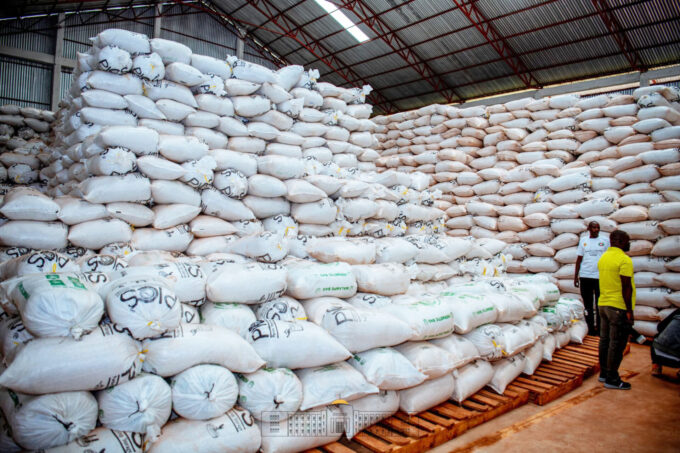
Leave a comment